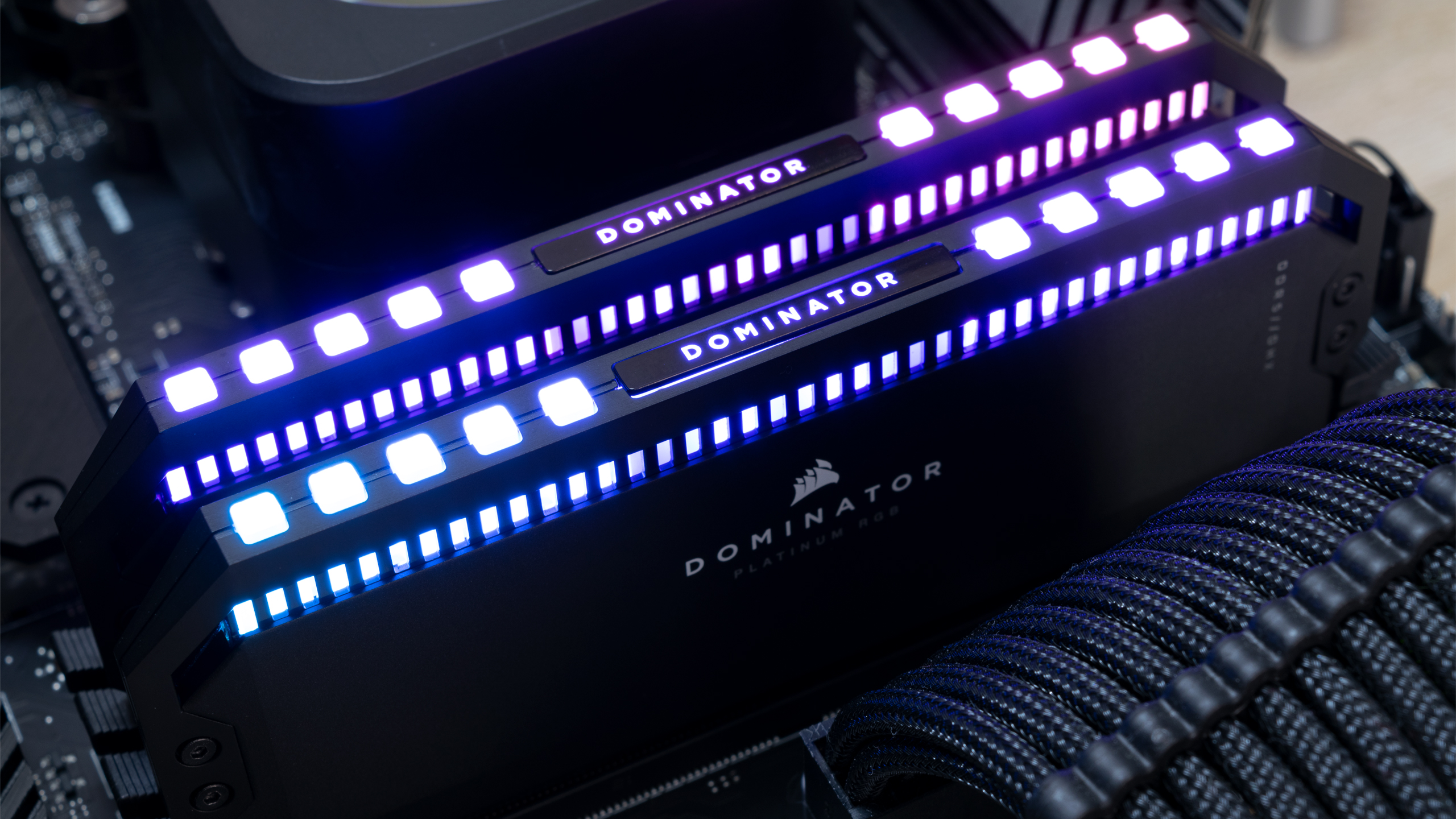The suit was filed in 2022, but the claims are still open until October 28.
If you’ve ever shopped for the best RAM, you’ve seen speeds such as DDR4-3600 or DDR4-6400, and even higher. Those numbers represent the rated speed, and they’re the headline feature that justifies premium pricing. However, these speeds aren’t the default operating mode of the sticks—they’re overclocking profiles that require manual enablement in the BIOS. Your CPU does not officially support them, and not every system can run its memory subsystem at those speeds with flawless stability. That gap between marketing and reality is what led Corsair to a class-action lawsuit in 2022.
The complaint, titled “McKinney et al. v. Corsair Gaming, Inc.,” argued that Corsair’s Vengeance and Dominator DDR4/DDR5 modules were sold with the advertised speeds printed front-and-center without clearly disclosing that the out-of-box default is the JEDEC standard (DDR4-2133 for DDR4, and DDR5-4800 for DDR5). While most systems based on enthusiast-grade DIY hardware are capable of achieving significant memory overclocks, the facts remain that the advertised numbers require firmware tweaking, and results vary based on the CPU, motherboard, and luck of the silicon lottery.
Corsair denied any wrongdoing, but after more than three years of litigation, a proposed settlement is now moving forward in federal court. If it gets final approval, Corsair will pay out $5.5 million USD and add clearer messaging to its memory packaging and product pages, including “up to” language for transfer rates and disclaimers concerning the overclocked nature of the RAM. The settlement covers U.S. purchasers of certain Corsair DDR4 and DDR5 desktop memory kits sold between 2018 and 2025. […]
(this is from a couple of weeks ago)



Sweet. Maybe I can buy a 20oz Dr Pepper with that